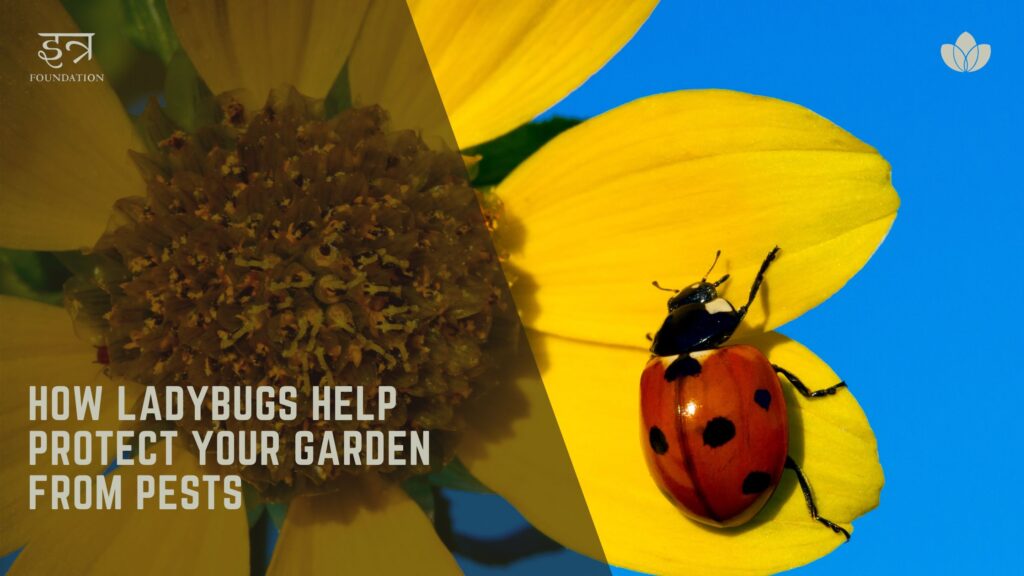Ladybugs, with their vibrant colors and delicate appearance, are not just a charming addition to your garden; they are also powerful allies in natural pest control. These small, beneficial insects are voracious predators of garden pests, making them a valuable asset for organic gardening. In this blog post, we will explore how ladybugs help protect your garden from pests and why you should encourage their presence for a healthier and thriving garden ecosystem.
How Ladybugs Help Protect Your Garden from Pests
-
Natural Pest Predators
Ladybugs are known as voracious predators of garden pests, particularly aphids. Aphids can wreak havoc on your plants, sucking out their sap and causing damage and deformities. Ladybugs feast on these tiny insects, controlling their populations and preventing infestations. A single ladybug can consume dozens of aphids in a day, making them an effective natural solution for aphid control.
-
Wide Range of Prey
While aphids are their preferred prey, ladybugs are not limited to just one type of pest. They also feed on other common garden pests like mealybugs, spider mites, whiteflies, and scale insects. Ladybugs have a diverse diet, making them versatile predators that can help control a variety of harmful insects that can damage your plants.
-
Effective Pest Control
Ladybugs are not only efficient predators but also highly effective in pest control. They have a remarkable ability to locate and eliminate pests in your garden. Ladybugs release pheromones that attract other ladybugs to areas with abundant food sources, creating a chain reaction that leads to the suppression of pest populations. By attracting and maintaining a population of ladybugs in your garden, you can create a natural balance that keeps pest populations in check.
-
Organic and Environmentally Friendly
One of the major advantages of using ladybugs for pest control is their organic and environmentally friendly nature. Unlike chemical pesticides, ladybugs pose no harm to humans, pets, or beneficial insects. They are a natural and safe alternative that can be used in organic gardening practices. Ladybugs also do not leave behind any harmful residues and do not contribute to pesticide resistance in pests, making them a sustainable solution for pest management.
-
Enhancing Garden Biodiversity
Encouraging ladybugs to thrive in your garden also promotes overall biodiversity. Ladybugs attract other beneficial insects, such as lacewings and hoverflies, that also feed on garden pests. By creating a favorable environment for ladybugs, you are creating a balanced ecosystem where beneficial insects can thrive, reducing the need for chemical interventions and fostering a healthier garden ecosystem.
Ways to Attract Ladybugs
To attract ladybugs to your garden and encourage their presence, consider the following:
- Plant a diverse range of flowering plants to provide nectar and pollen, which ladybugs feed on when prey is scarce.
- Avoid using chemical pesticides and opt for organic pest control methods to protect ladybugs and other beneficial insects.
- Provide ladybug-friendly habitats, such as tall grasses, shrubs, and piles of leaves or wood, which offer shelter and overwintering spots.
Conclusion
Ladybugs are not just delightful creatures to spot in your garden; they are essential partners in natural pest control. By attracting and supporting a population of ladybugs, you can reduce the need for chemical pesticides and maintain a healthier garden ecosystem. Ladybugs offer a safe, organic, and effective solution for managing garden pests while promoting biodiversity and maintaining the health and beauty of your garden.





